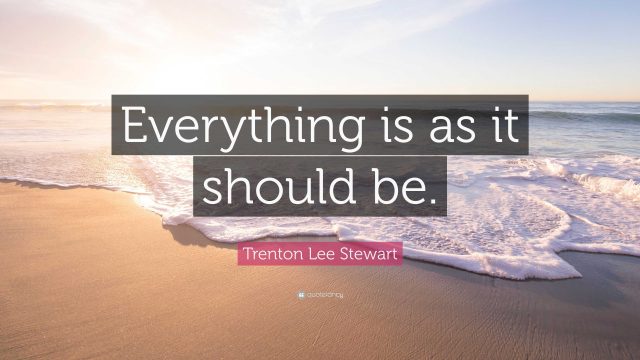Shame is a silent killer. Not depression. Not mental illness. Not addiction or alcoholism. Not loneliness. Not failure. But shame. It’s the invisible force that fuels all of these.
Understanding Shame

Shame is a powerful emotion, often lurking in the shadows of our minds. It’s what we feel when we think we’re not good enough, when we believe we’ve failed, or when we perceive that we’ve let others down. Unlike guilt, which is about what we’ve done, shame is about who we are.
The Real-Life Impact of Shame
Imagine pouring your heart and soul into something—only to watch it crumble before your eyes. The shame that follows can be overwhelming. It’s not just the failure itself but the feeling of defending something others thought you should let go of, and then realizing they were right. It’s a gut-wrenching experience, leaving a trail of emotional scars.
Shame doesn’t just affect our emotions; it infiltrates our behaviors and coping mechanisms. Over-drinking, becoming addicted to the gym, shutting down and avoiding people, overworking, over-pleasing, over-promising, and never saying no—all these can be ways to mask the shame we feel. These behaviors are attempts to escape the harsh self-judgment and the fear of being judged by others.
The Gendered Face of Shame
Women often become overly independent and always defensive. Behind that façade of strength and self-reliance is often a small girl, afraid to show her vulnerability. For men, shame can manifest in constant defensiveness, infidelity, or other harmful behaviors. Many are fighting an internal battle with shame, struggling to reconcile their actions with their sense of self-worth.

The Cure for Shame
So, what’s the cure for shame? It’s about accepting that you are human and learning to love yourself—over and over again. (jipende na jiamini) It’s a journey of self-compassion and understanding. Each time you face shame, you have to take yourself to the next level of self-acceptance and love.
Embracing Our Humanity
Shame thrives in silence and secrecy. To combat it, we must bring it into the light. We need to talk about our struggles, failures, and vulnerabilities. By sharing our experiences, we can realize that we are not alone, and we can start to dismantle the power shame has over us.
Embrace your humanity. Accept your imperfections. Learn to love yourself, flaws and all. Because it’s this love and acceptance that can heal the wounds of shame and help us lead more authentic and fulfilling lives.
In conclusion, shame might be a silent killer, but self-love and acceptance are its powerful antidotes. The next time you face shame, remember that it’s a part of being human. Embrace it, learn from it, and let it guide you to a deeper understanding and love for yourself.




